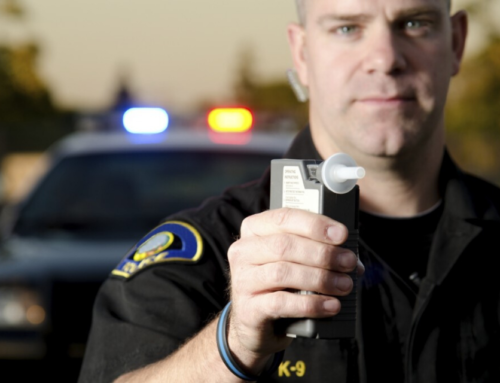A conviction for a first-offense DUI in Virginia likely will affect both your bank account and your driving privileges.
A DUI – for operating either a motor vehicle, boat or watercraft while under the influence of alcohol or drugs – qualifies as a class 1 misdemeanor in Virginia. A first-offense DUI typically carries a fine ranging from $250 to $2,500 and a license suspension of one year. In order to regain your license after the one-year suspension, you must first complete an alcohol safety and education program, which involves a minimum of 20 hours of education during a 10-week period.
Sometimes, a driver convicted of a DUI will be allowed restricted driving privileges, which allows them to travel for purposes such as work, health care or delivering children to school. In those cases, an ignition interlock device will be installed on their vehicle that tests the driver’s blood-alcohol concentration (BAC) before the vehicle will start.
A conviction can carry additional consequences if there are other components to the incident that heighten its seriousness, such as if the driver had a particularly high BAC level. The legal threshold for DUI in Virginia for a driver over the age of 21 is a BAC of .08. If a DUI first offender measures a BAC of .15, then the punishment will also include a mandatory minimum jail stay of five days. A BAC of .20 or higher will lead to a mandatory minimum incarceration of 10 days. In addition, motorists whose BAC exceeds .15 must use an ignition interlock device once their license is reinstated and they are back behind the wheel.
Another possible piece that can increase the punishment in Virginia is the presence of a minor as a passenger in the vehicle when the DUI offense occurs. If that is the case, the conviction carries a mandatory incarceration of five days and the fine amount is boosted at least $500, though it remains a class 1 misdemeanor and the total fine ultimately cannot exceed $2,500.
A DUI in Virginia charge can be elevated from a class 1 misdemeanor if someone was injured or killed in an accident caused by the driver who was under the influence. In this event, even for a first-time offender, the charge could be a class 6 felony, which carries a possible jail sentence of between one and five years and a maximum fine of $2,500. In addition, the charge carries with it a mandatory license revocation of up to three years. If someone is seriously injured they can charge the person with an additional offense of 1-5 years but if the person is killed they can add an additional charge of 1-10 years or 1-20 years depending on whether the person’s actions showed a reckless disregard for life.




